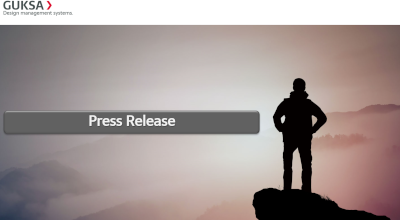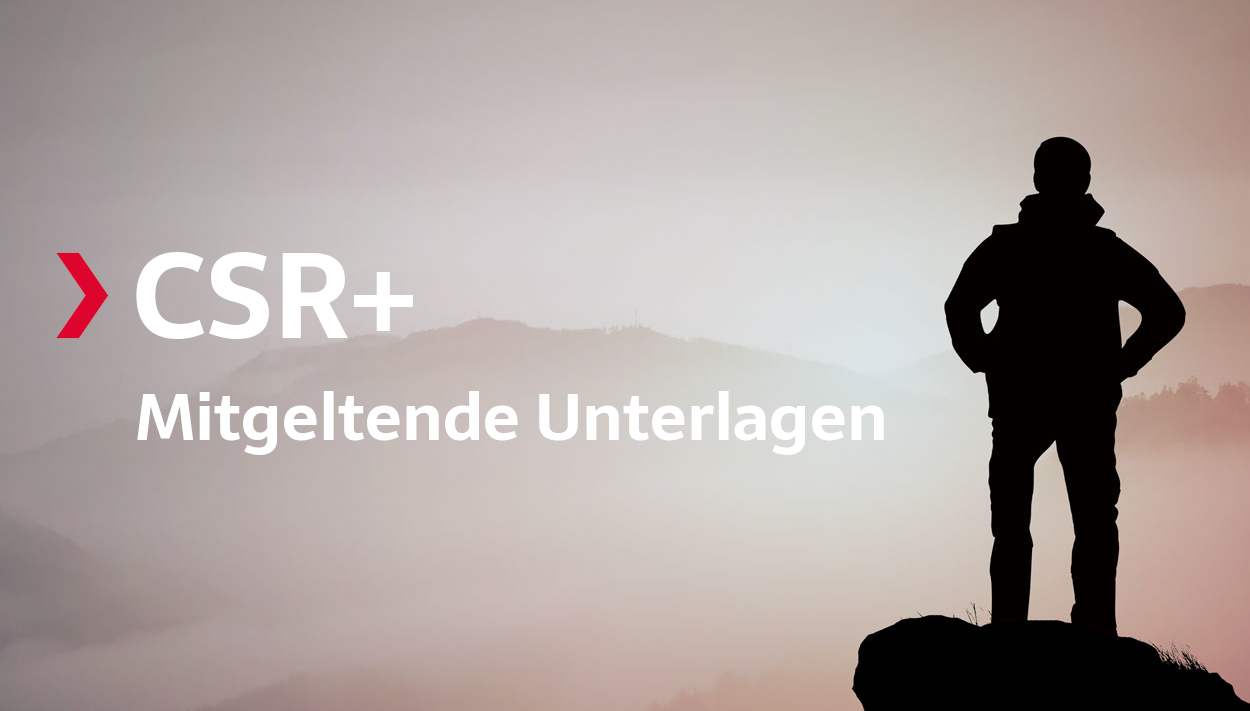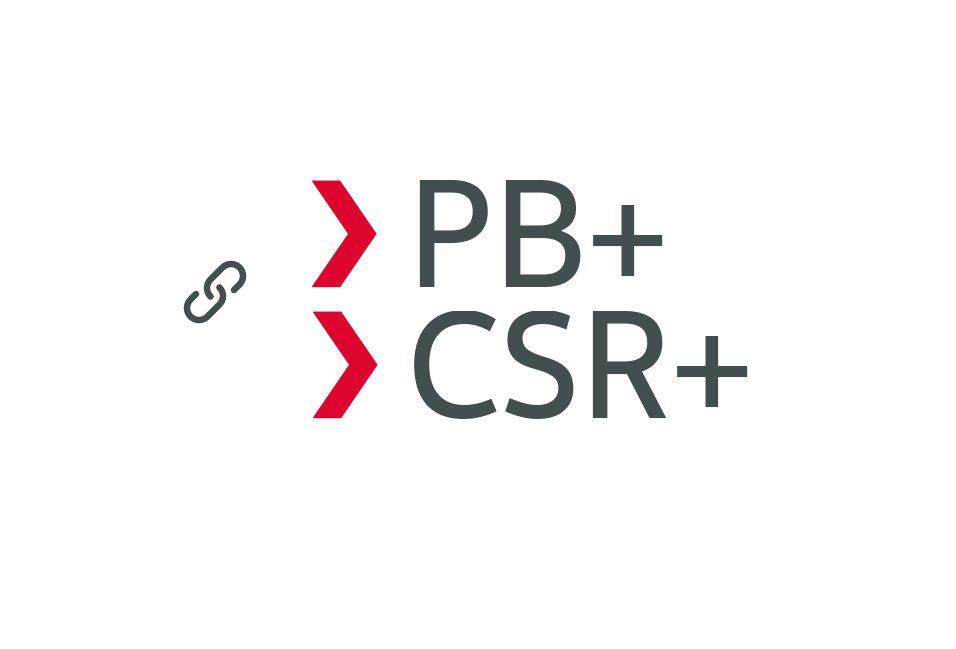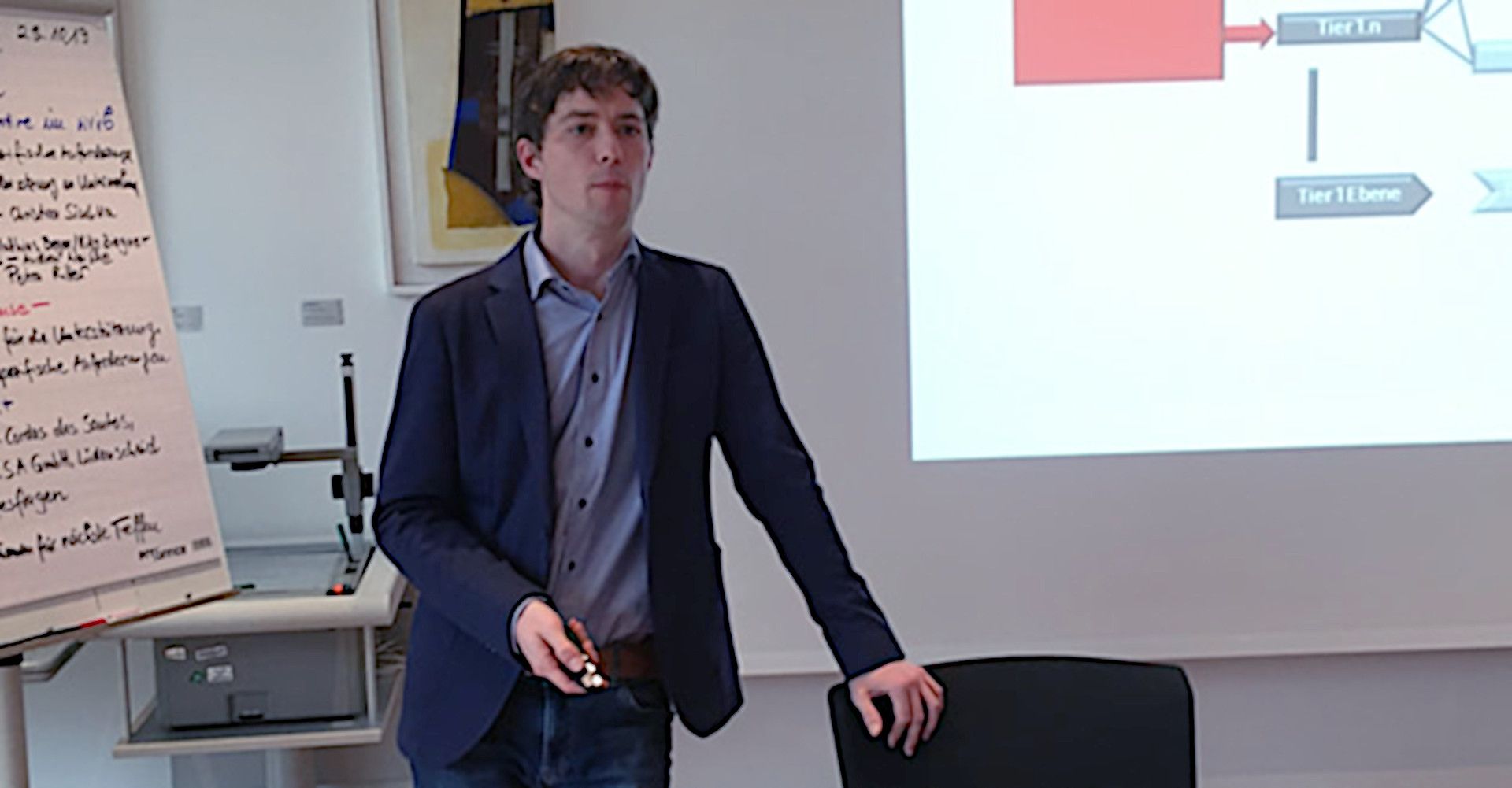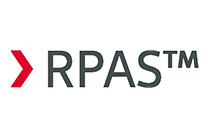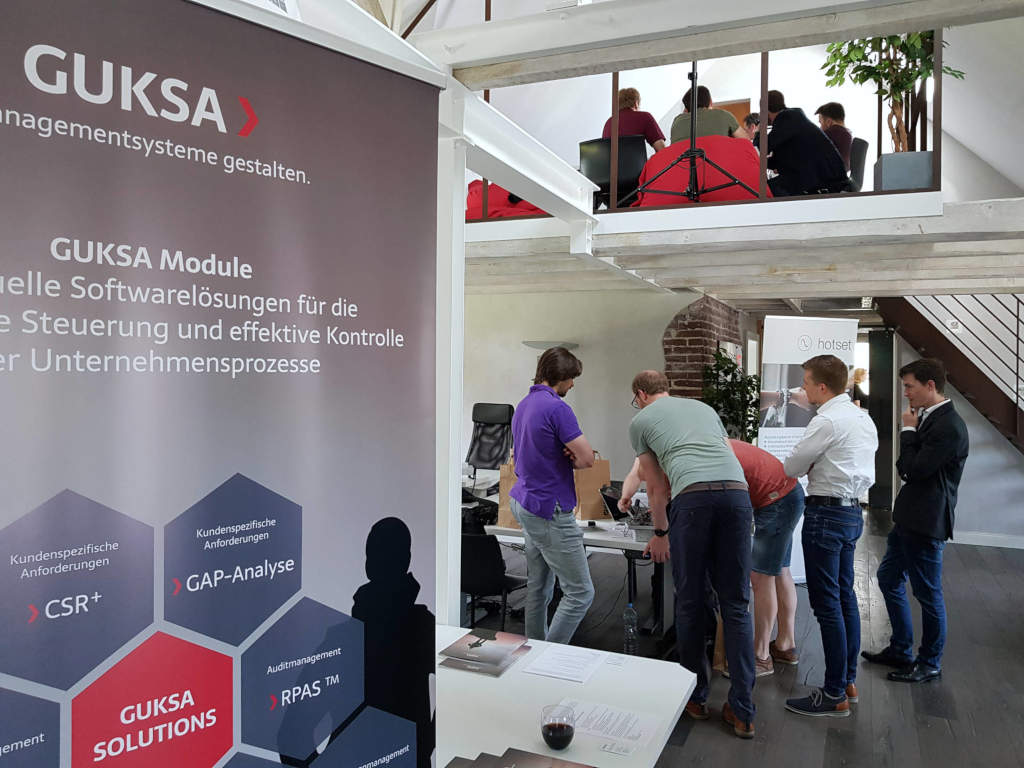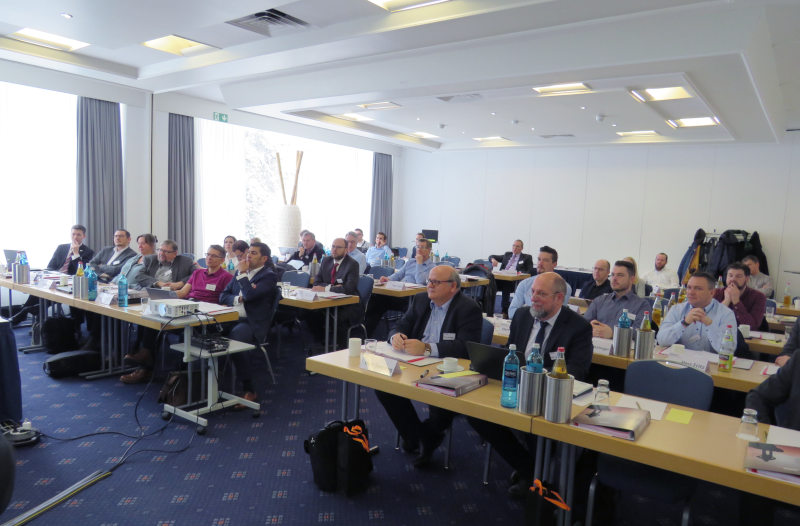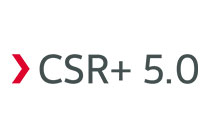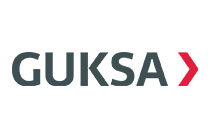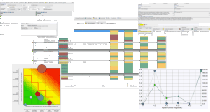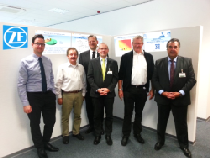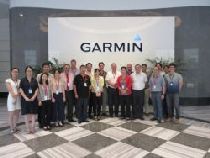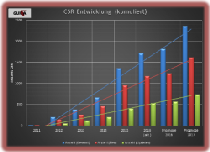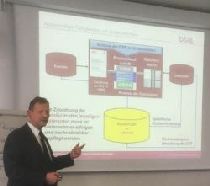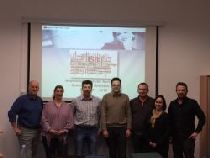The aim of RPAS® is to evaluate the stability and effectiveness of the management system and its processes by means of degrees of fulfilment in system maturity levels and weighted, operational risks on the basis of a risk combination matrix, taking into account ISO 19011 / ISO 9001 / IATF 16949 and customer-specific requirements, to present them in a risk map and to implement the use of the required resources with regard to the reduction of risks in processes (internal and at the supplier) and projects more effectively and economically.
The process and risk-oriented audit system (RPAS®) developed with GUKSA GmbH is a tool for analysing and identifying risk areas in companies. Based on defined assessment criteria from the management standard, such as ISO 9001, IATF 16949, ISO 9100 etc. and the administrative and operational risk factors, operational risk criteria in the auditee's QMS are systematically and reproducibly determined. The result shows potentials and weaknesses in all audited areas / processes of the organisation and simultaneously serves to optimise the management systems as well as to reduce risks in the audited organisations and identify opportunities.
The use of RPAS® in conjunction with the auditing of the management system and its processes not only makes economic sense, but also enables risks and opportunities within the company or at the supplier to be analysed and identified at an early stage. RPAS® is therefore an important factor in customer orientation and a component of targeted risk minimisation within the company.
Using practical and case examples from everyday operations, you will learn about and apply the structure, planning, implementation, evaluation and documentation of risk- and process-orientated auditing in accordance with RPAS®.
Contents
- Basic requirements for the RPAS® auditor
- Requirements from ISO 19011
- Conversation techniques and communication
- Tasks and competences of auditors
- Handling of problems in the audit
- The importance and objectives of RPAS®
- Requirements from ISO 9001:2015 / IATF 16949 regarding "risk-based thinking"
- RPAS® objectives, prerequisites and boundary conditions
- Carrying out risk-based system audits
- The RPAS® auditors
- RPAS® audit preparation
- Assessment documents, timetable and combination matrix
- Systemic risk issues, risk factors, CSR
- RPAS® audit implementation
- Requirements for the application of the RPAS® system
- Interaction between the individual standard requirements and the risk factors
- Determine and evaluate findings according to the RPAS® system (IATF and risk factors) and document them formally and in terms of content
- Audit documentation and risk map
- RPAS® audit report
- Risk assessment, risk management and risk monitoring
- Action planning
- The risk management system
- Requirements for risk management
- Integration of risk management into the existing management system
- RPAS® - Summary and benefits
- Requirements for the RPAS® process
- Systematic approach of the RPAS® process
- What is the difference between classic system audits and RPAS®?
- What are the advantages of RPAS® audits?
- Summary of RPAS®
- A total of 3 workshops will be held in the seminar
- Workshop 1 - RPAS® Phase 1: Audit Preparation - Agenda
- Workshop 2 - RPAS® Phase 2: Audit implementation
- Workshop 3 - RPAS® Phase 3 - Audit report and action planning
| Inquiry | |
| Individual coaching | Dates |
Additional information
Target group and participants
The requirements for the RPAS® auditor go beyond normal system/process auditing. They must be able to assess and identify opportunities and risks. Prior training as an auditor is required. Risk Quality Coordinator (RQC) training is not required, but is helpful for understanding the risk topics and methods to be dealt with. The event is aimed at quality, environmental and occupational safety managers and auditors who want to set up and implement a risk and process-orientated risk management system as part of internal audits.
Seminar duration
1 day, 08:30 - approx. 17:00 (on site / online)
2 x 0.5 days, 8:30 - approx. 12:30 (on site / online)
Number of participants
The number of participants is limited to a maximum of 12 people.
If possible, participants should bring a laptop to the course.
Seminar documents and certificate of attendance
The course materials and certificates of attendance are provided by GUKSA GmbH for all participants. You will receive Excel-based application software free of charge during the seminar. All case studies and workshops can be worked on with a laptop so that the results can be used later in the company.
Please send us a list of participants in advance. Upon completion of the seminar, participants will receive a certificate of attendance.
Aids
Seminar room, flip chart, projector, beamer, pin boards and utensils (company-specific application examples) are provided by the organiser.
Seminar costs (in-house)
Contact us by e-mail, via the contact form or by telephone.
This allows us to discuss the desired topics with you, e.g. your desired focus, practical examples, etc. and customise the seminar for you. We look forward to receiving your enquiry!
Referent
Certified 1st / 2nd party auditors IATF 16949 (VDA QMC), process auditors VDA 6.3 (VDA QMC), ICO ISMS 27001 PROFESSIONAL / ICO ISMS Auditor ISO/IEC 27001, risk manager according to ISO 31000 / ONR 49001 with many years of experience in setting up and conducting RPAS® audits for well-known companies (OEM / suppliers) in the automotive industry.
Trainer / Examiner for Management System Risk Auditor (RPAS®) at the TÜV-Nord Academy.











